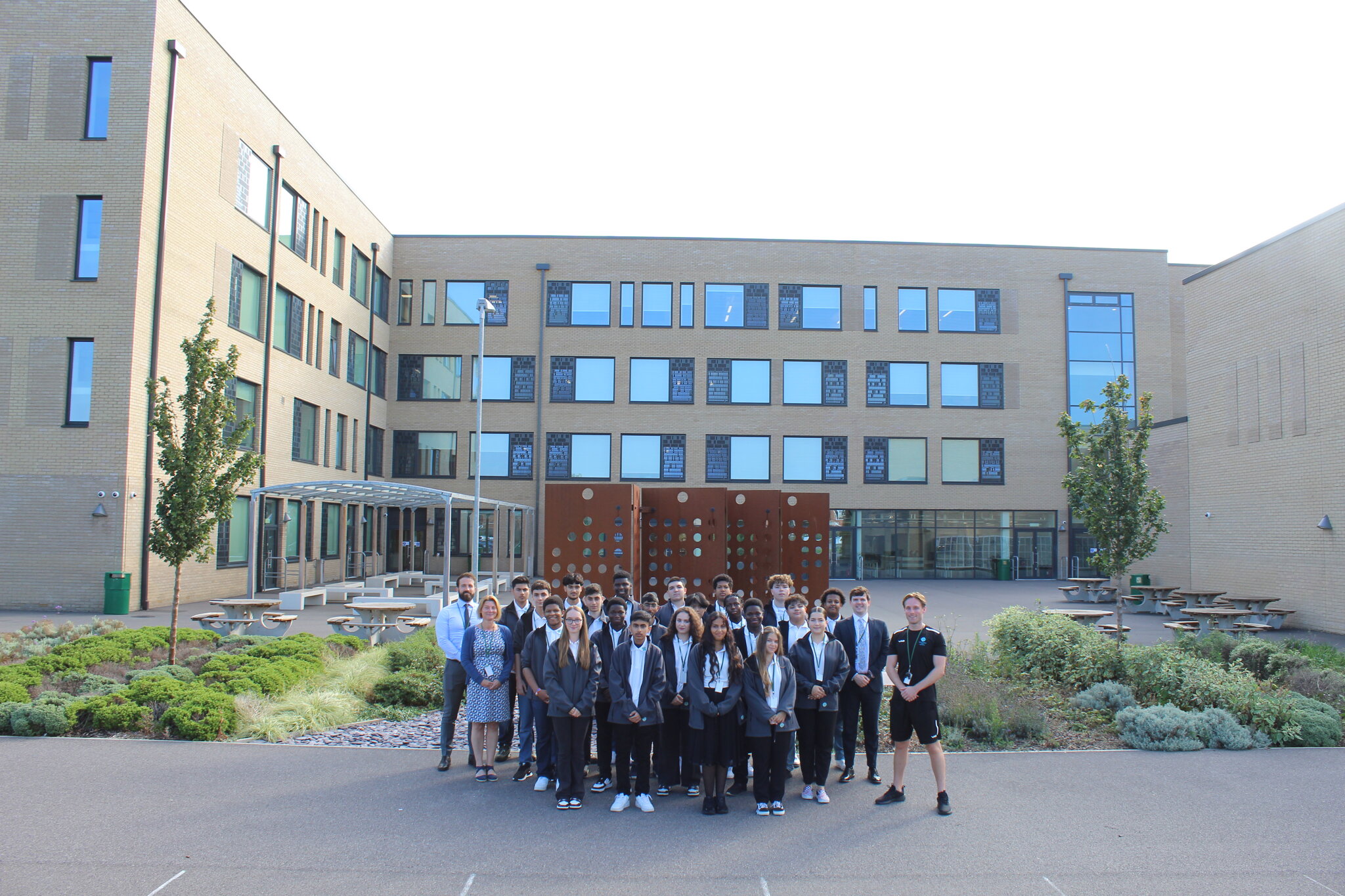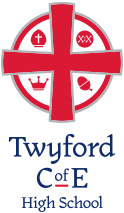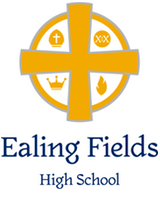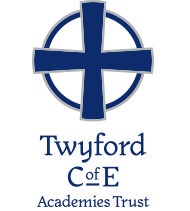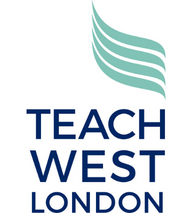
Our first cohort of T Level students walked through the doors to begin their T-Level journey earlier this month. We currently have students studying Digital, Design & Production and Laboratory Science.
Here's an update on what our Digital T-Level students have been up to.
Year 12 Digital T-Level students have started the year by getting stuck into the content with incredible enthusiasm. They’ve began their programming journey, learning about how a “function first” approach to software development will prepare them for their future work placements. Even students who have had no programming experience have thrived and enjoyed learning about the intricacies of software development using Python.
Away from the practical work, the Year 12s have started looking at the moral dilemmas facing the digital world. They have looked at programmed bias in Artificial Intelligence and will link this to government legislation later in the term. Finally, they have also been studying the make up of a 21st century business by learning about the structure of a modern company, including the various teams and how they work together, often with the aid of digital.
Our Laboratory Science T-Level students have been equally busy:
Year 12 Laboratory Science T- level students have covered a wide variety of content across Biology, Chemistry and Physics so far this year. They have engaged with the first elements of the increasingly complex practical work covered throughout the year, from the use of microscopes, and serial dilutions to different types of chromatography and titrations, as well as investigating the reactivity of Metals and how this relates to atomic structure bonding. All the students have been enthusiastic and worked diligently within a more professionally themed laboratory setting.
Students are also beginning to engage with the ethical and professional processes within a Lab in a industry setting. They have looked at how sources of data and evidence can not always be taken at face value, and that as Scientists they must think critically about conclusions presented to them, testing them rigorously using their own reasoning as well as experimentally.
